On this site I normally share my experience about selling on Amazon, but this post will be a bit different. Here, I will discuss my experience buying an owner-occupied duplex, which I lived in from June of 2013 through May of 2018.
Investing in a duplex saved me over $50,000, and is a strategy that could be replicated by many others. The details I share here should provide you with the information you need to decide if an owner-occupied duplex is right for you.
We’ll discuss how to buy an owner-occupied duplex, what being a landlord is like, how I determined profits, and much more.
Let’s dive in.
In March of 2013, I bought a duplex in Minneapolis, MN that I planned to live in while renting out the other half, making it an owner-occupied duplex.
The purchase price for my duplex was $139,000, which was very close to the price of a single family home at the time. From my perspective, if I was going to get a mortgage, it would be best to purchase a property that could bring in some income to help offset the payment. Throughout this post we will dive into the numbers of how this worked out.
Depending on what area of the country you live in, you might be wondering what a $139,000 duplex looks like. To set the stage the entire building is about 1,800 square feet, so my unit was about 900 square feet. This was also the space that I ran my business from for about the first year I worked this business full-time before moving to a warehouse. So I will include a few pics showing what that was like as well. Most of these pictures were taken near move out or move in so some things make it look a bit empty.
After the sale closed, my monthly payment to the bank was $895 per month. This included the principal on the mortgage, interest on the mortgage, property taxes, and homeowners insurance.
The loan program I used was called the “US Bank American Dream program.” It allowed first time home buyers to put as little as 3% down without paying mortgage insurance. There are many banks that offer similar programs, but avoiding mortgage insurance (often required when putting less than 20% down) can earn you massive savings. This is likely harder to find today than it was in 2013.
I was also able to utilize a down payment assistance program that was available at the time. This program provided down payment assistance for first time home buyers who were buying in specific Minneapolis neighborhoods. The way this was structured was $15,000 in the form of an interest free loan. This loan was forgiven at the rate of $250 for each month that I lived in the property. Once I lived in the property for 5 years, then the full amount was forgiven.
My down payment in cash was $15,515.67 or about 11.2% of the purchase price of the property. I had been saving heavily for this purchase ever since I was hired at my accounting job, and it took 15 months of full-time work prior to making the purchase.
The types of programs I refer to above are often available for first-time home buyers in specific cities and neighborhoods, and may not be available depending on where you want to purchase a home. That said, it’s worth exploring your options before making a purchase.
When I purchased my duplex, the upper unit was rented out for $850 per month and there were already tenants in place. At the time, I planned to move into the lower unit of the duplex, but I had a lease that didn’t end until June of 2013. While I was waiting for my lease to end, I was effectively only paying $45 per month out of pocket plus utilities on the lower unit even when I wasn’t living there.
After waiting three months for my lease to run out, I moved into the duplex in June of 2013. I had a friend from college that was looking for a place to live, and he moved in for $350 per month. In addition, he paid for half of the utilities. His rent was well below market value, but his bedroom was basically a converted porch so I felt it was a fair deal. Apparently he did too since he lived there the whole time I owned the property.
Starting in June of 2013, I was collecting $1,200 a month in rent. I was also living in the property. My total payment to the bank was $895 per month, so every month I was cash flowing $305 per month. I setup an automatic transfer every month so this $305 would go directly into a savings account. I did this so that I would have a fund for future repairs.
My rent prior to moving into the duplex was $550 per month. This was in an apartment that I was sharing with a different friend from college. Once I moved into the duplex, my housing costs effectively went from $550/month to zero. A $6,600 expenditure per year was essentially eliminated. That’s without accounting for the principal I was paying off on the property (a little over $100/month) and the additional $305/month that was being added to my savings account each month.
Let’s look at how the numbers turned out for the 5 years I lived at the property.
The monthly rent I received increased on the upper unit of my duplex to $900 per month in March of 2014, then again to $935 per month in March of 2016. That’s where it stayed through the time I owned the property.
With some increases in taxes and homeowners insurance, the amount I paid to the bank went up to $917 in March of 2016.
So here’s some numbers from March of 2013 through May of 2018:
Total Rent Collected: $60,335
Total paid to the bank: $45,300
Total Repairs / Expenses: ~$3,500
Overall, during this 5-year period, I received about $11,500 in positive cash flow after paying for all repairs, paid off about $7,500 in principal, and paid nothing for rent. The rent savings extremely conservatively would be worth $31,900 (58 months at $550/month). These amounts add up to over $50,000 in total. This is not even factoring in the down payment assistance amount that was forgiven, or the likely increase I would have incurred renting somewhere else to live.
In total, purchasing a duplex had a net positive impact on my finances of about $50,000 in a time period of just over 5 years.
To me, that is absolutely incredible. Those numbers do not factor in some tax benefits on the real estate income, as well as the appreciation on the property over the last 5 years.
Many people cite concerns about expensive repairs and managing tenants, and suggest these might be a reason to not purchase a duplex.
Maybe I was a little bit lucky, but I didn’t end up needing to make any major repairs to the property that I had to pay for. The roof of my duplex sustained some hail damage in May of 2015, and the replacement of the roof was covered entirely by insurance proceeds. At the time, the roof was in good condition and wouldn’t have required repairs for many years if it weren’t for the hail damage.
The largest single repair that I had to pay for out of pocket was replacing the heat exchanger on one of the furnaces. This repair cost about $1,100.
Outside of that, I had to replace a toilet, paint the entire lower unit, get a furnace worked on one other time, pay for rental permits, and make a couple of very minor fixes, but none of these cost more than $300 at one time.
When I recently sold the property, I was able to move the money that was being saved for future repairs into other investments.
The other major concern seems to revolve around issues with bad tenants or getting the dreaded call for a plumbing issue at 7PM on a Friday night. In total, over the past 5 years, the number of times I was contacted by tenants that had an issue that I needed to help fix was less than 10. I was in contact more with my tenants during the process of selling the property than I was during the time when I was just their landlord.
The issues that I had to fix for the tenants were: An issue with their furnace, an issue with a light fixture, fixing a $5 part to stop their toilet from continually running, and a couple times I had to let them in when they locked themselves out of their unit. Overall, very minor issues.
I had good tenants, and this can largely be attributed to my screening process for tenants (and perhaps a little bit of luck). There are some services that make this very easy, allowing you to do a background and credit check on any prospective tenants. I used one called SmartMove by Transunion, but I’m sure there are others out there that do the same thing. It also helps if you share that it’s an owner-occupied duplex in the listing. This information helps deter problem tenants. By taking these steps, I was able to avoid problem tenants for the five years that I owned the property.
Now, I will acknowledge that it’s not as convenient as renting. Someone is calling you with a problem in the instances when they have them — instead of the other way around.
Compared to buying a single family home, it’s not quite as good since you will have some noise from your tenants. Ultimately, you won’t have the same level of privacy. These factors are inevitable when there’s a shared wall or ceiling/floor. This is nothing major, but it’s not quite as convenient as having a space that is completely yours.
So really the question is: Would you be willing to have some minor inconveniences for a $50,000 improvement to your financial situation after five years?
For me the improvement in my financial position far outweighed the very few minor bumps along the way. Whether you are looking to buy your first house, or are just looking for a way to improve your financial position, I strongly encourage you to look into determining if buying an owner-occupied duplex is right for you.
Owner occupying a duplex is not going to be right for every situation, but especially for young first time home buyers, I think it’s an option that needs to be considered.
One final disclaimer that I will add to this post is that I left out any discussion of the property changing in value.In my case, the property appreciated in value, but this would not be the case in every market.
As long as you buy right, and make sure that the duplex will cash flow if you eventually rent out both units, then I think the risk is relatively low. In a down market, you could continue to rent out the property. So while the value might be lower on paper, it would still be cash flowing. You could then wait until the market improves before selling, if you ever want to sell.
Buying an owner-occupied duplex was one of the single best financial decisions that I have ever made. The only one that surpasses that financial decision is the decision quit my job to start selling online full time.
As I mentioned in the intro, that’s the main thing I have experience in, and what my business is built around.
If making money selling products on Amazon is something you are interested in learning more about checkout my beginner’s guide to getting started on Amazon HERE, or you can take my free email course about getting your first sale on Amazon, sign up here.
That’s my story of owner occupying a duplex for the past 5 years. If you have questions or comments, let me know below.

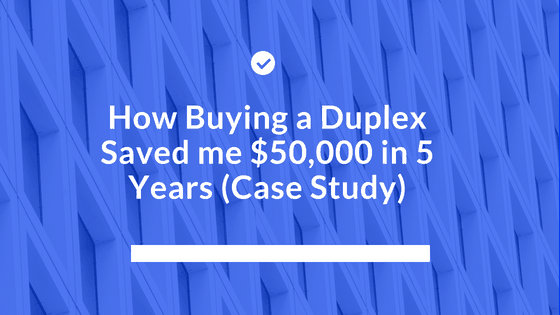
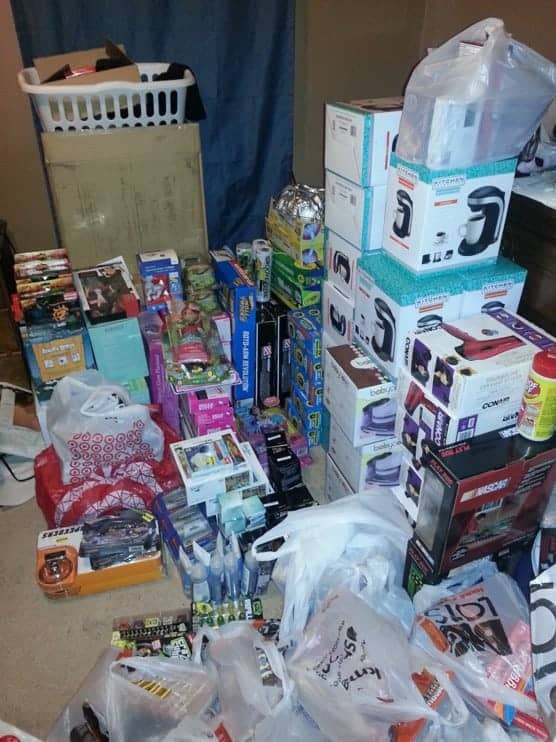
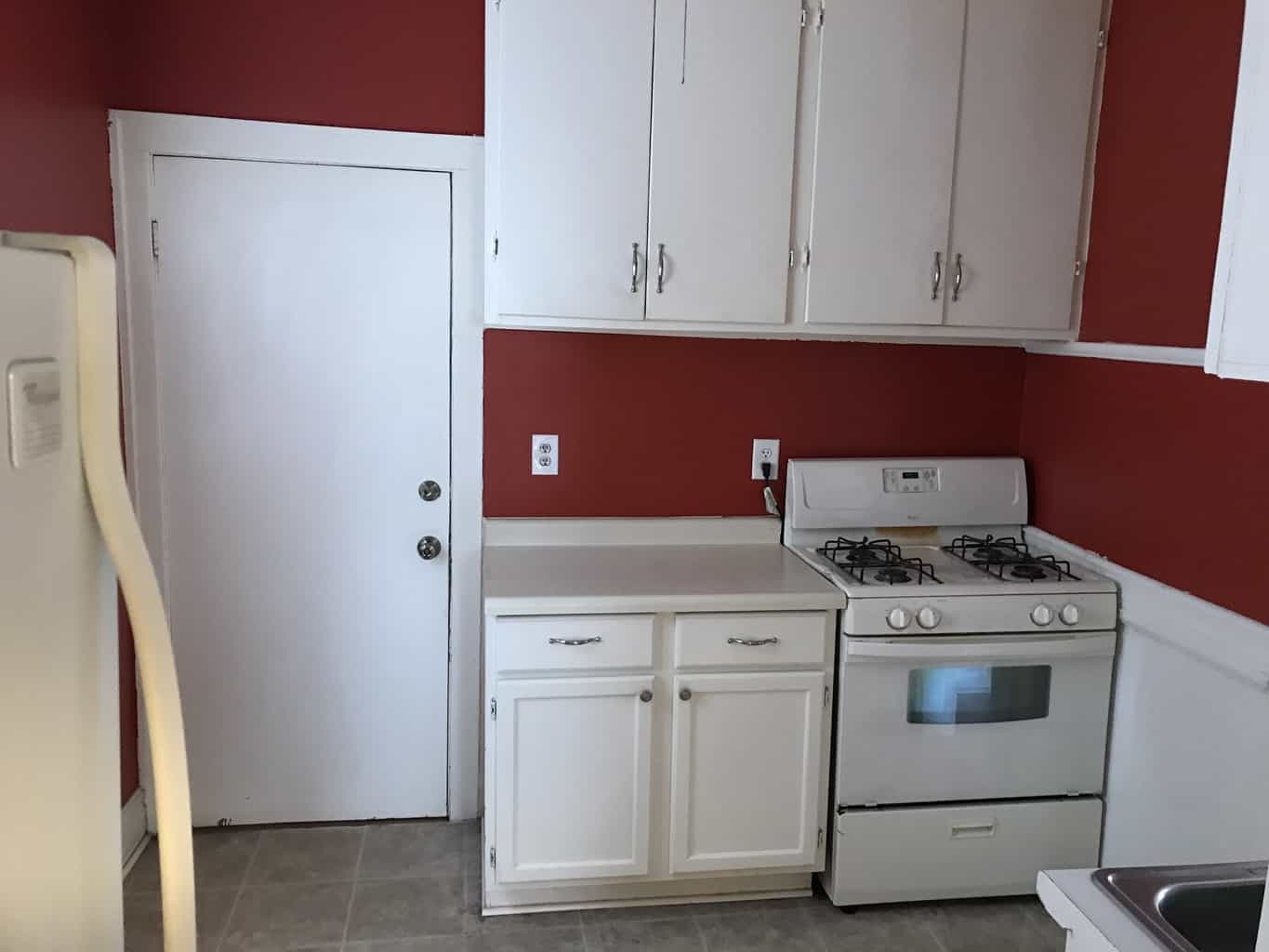
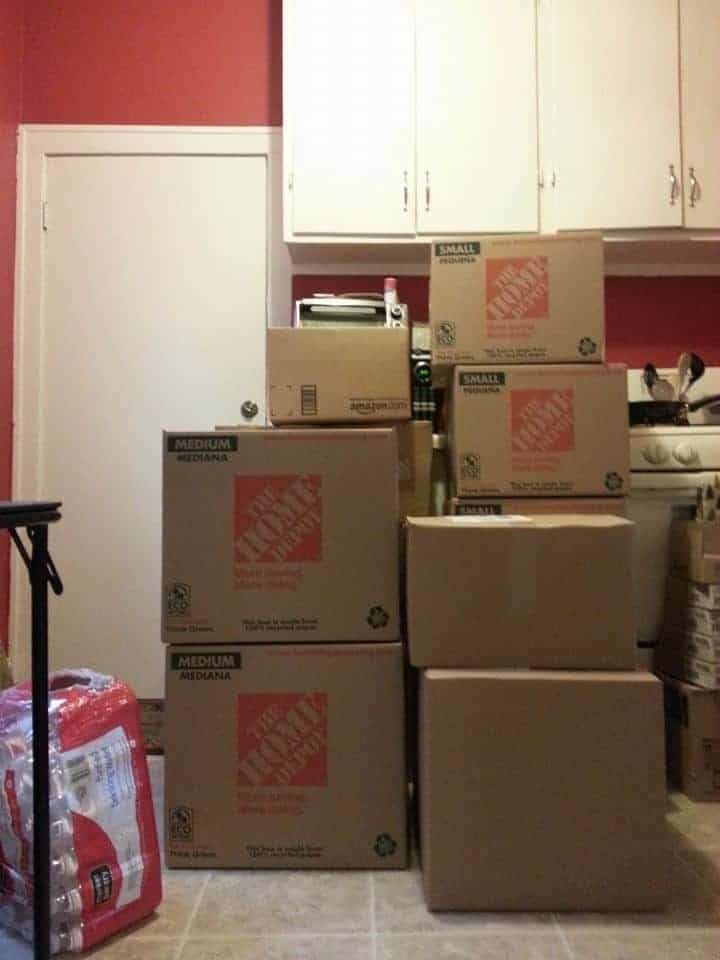
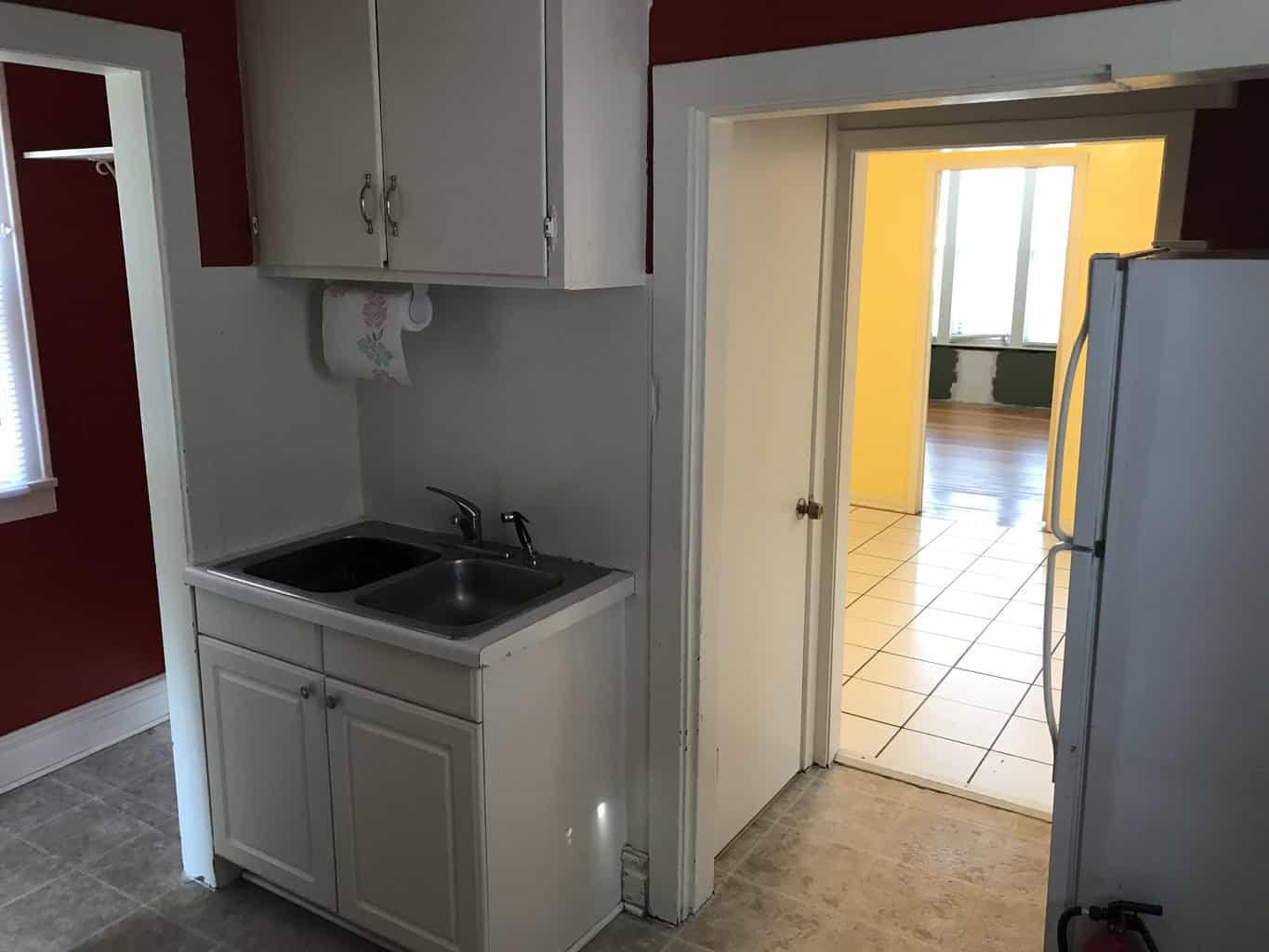
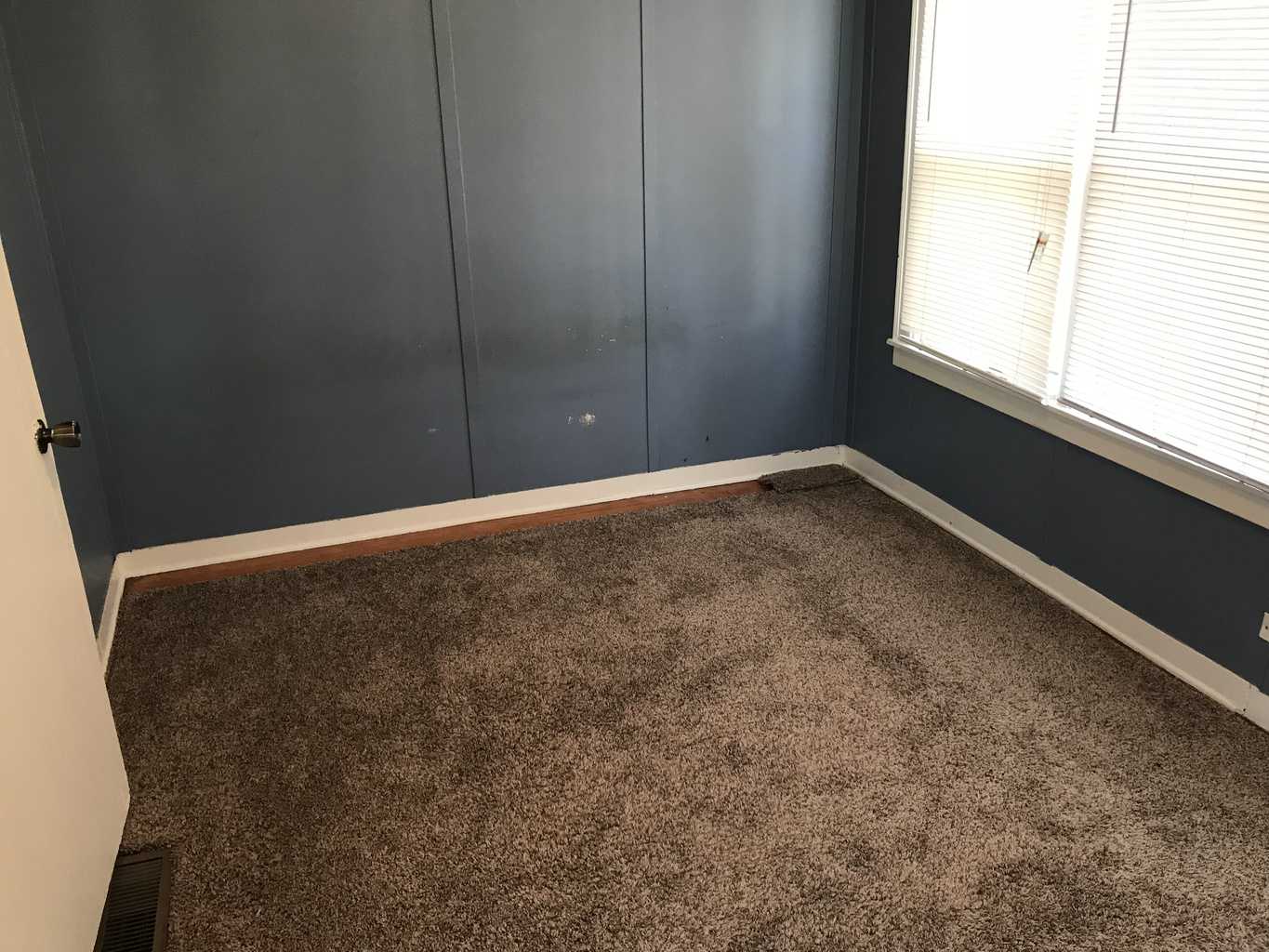
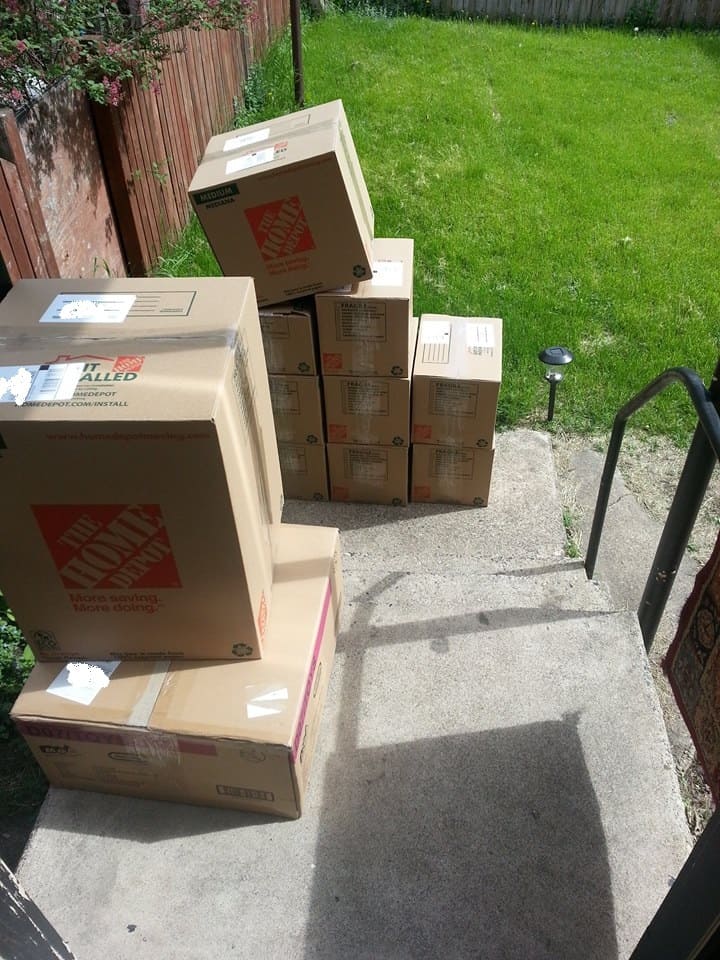
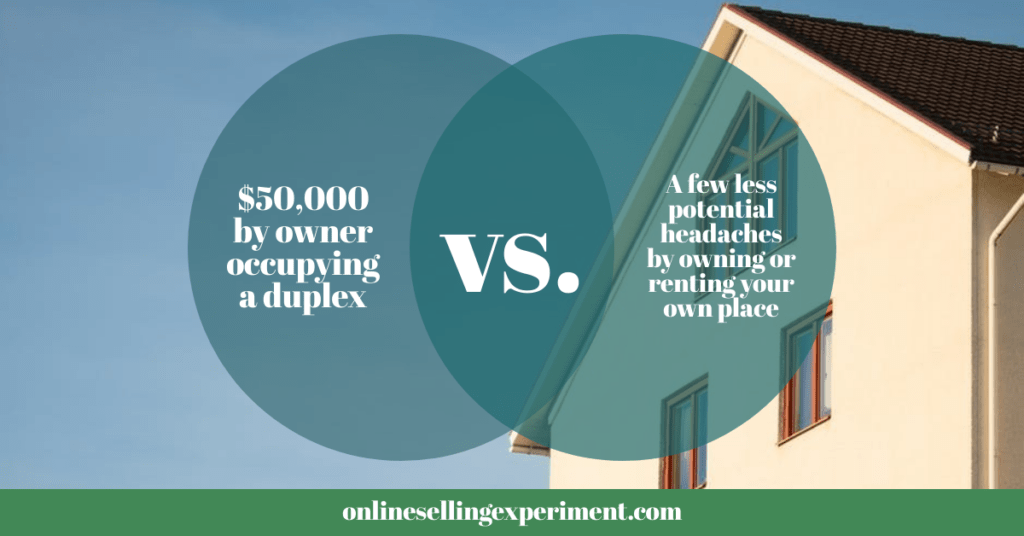
Thank you so much for sharing the tip! Do you mind sharing where you can find info of the LMI neighborhoods to be qualified for this program? Really appreciate!
Hi GK,
You are welcome!
For finding the neighborhoods with this type of program, I’d recommend asking loan officers and real estate agents in the area. I found mine through the loan officer I was working with on the purchase of this property.
Best Regards,
Ryan
Great article. Were you able to deduct any expenses for running the business out of your house?
Thank You
Kellie
Hi Kellie,
I didn’t, as there wasn’t a specific square footage that was attributable to exclusively being a home office. But I was able to deduct a portion of some auxiliary expenses like internet.
Best Regards,
Ryan
Great article! Really interesting perspective to keep in mind, especially for younger homeowners. Thanks for sharing!
Thanks Joe!
Thanks for sharing, Ryan. I really enjoyed your transparency and the fact you describe the financial benefit of this transaction with such a conservative calculation. Solid choice!
Thanks Maya!
Hey Ryan,
Great write up! Did you end up moving to a new place, or upgrading and continuing to house hack? For an interesting alternative perspective take a look at https://www.gocurrycracker.com/renters-for-life/
Thanks Jim! I did end up moving into a different place. I just checked out that article, and that is definitely an interesting alternative perspective. I’d have to dig a bit deeper into some of their assumptions, but I can definitely see that being the right option for some people.
Best Regards,
Ryan
Property taxes?
Hi Dave,
Property taxes are included in the numbers shown for the monthly payments to the bank. Initially $895, and later $917. So these are included in the numbers shown in the post.
Best Regards,
Ryan
Hey Ryan!
Great article. It’s interesting how many programs MN has for first time home buyers. Any reason you didn’t keep the duplex and rent out both units?
Hey Alex,
This was back in 2013 when I was purchasing, so I’m not sure if they all are still available. But it was definitely great at the time.
In terms of not keeping both:
The main reason for selling was that this property had appreciated pretty significantly in value.
Selling allowed me to cash out all of the equity as well as my original investment. I believe that I can see better returns using that capital in my existing business (and future business opportunities) as opposed to through cash flow from this property.
I also had a different property that I had purchased last summer that I wanted to move into.
So those were the main factors for me.
Best Regards,
Ryan
And here I am in an area that one-bedroom apartments rent for $2000 a month… At times like these, I miss living in the midwest 🙂
haha yeah the midwest is great when you compare to that kind of rent!
Best Regards,
Ryan
This is great information. I will be forwarding this to my 20 yo son. Thank you!
Hi Delayne,
Thanks for the comment, and thanks for forwarding it on!
Best Regards,
Ryan
Excellent post as usual!!! Thanks Ryan
Thanks GS, glad you liked it!
Best Regards,
Ryan